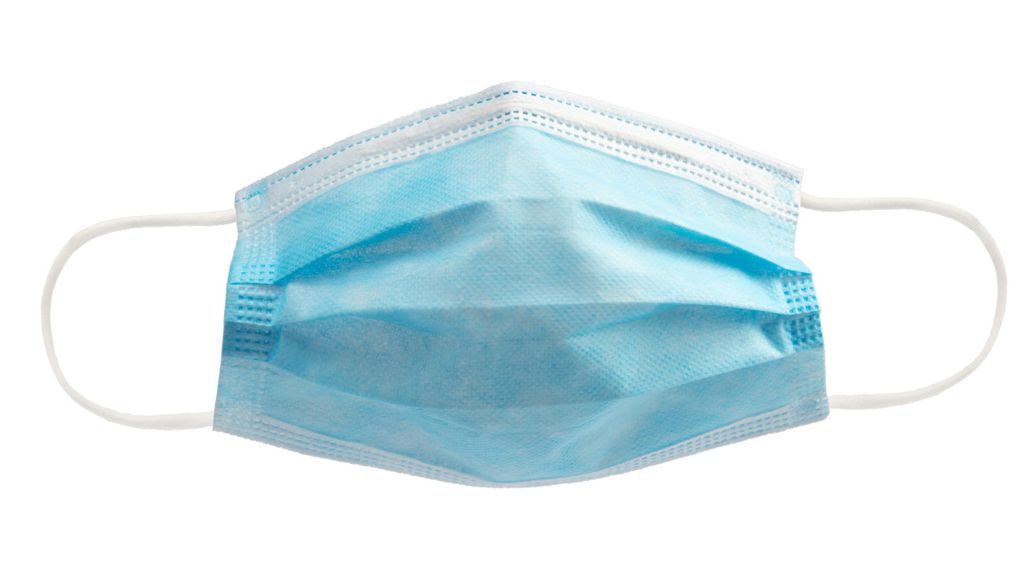I am a skeptic by nature. I never believe what I read or hear without independently checking it. So when I read that public health officials were urging people not to buy face masks, because they don’t work, I was doubtful.
The officials also said that if individuals buy facemasks in large numbers, there won’t be enough for health providers. That I believed. But the combination of reasons — they don’t work, but they are important for health providers — immediately set off alarm bells in my skeptical mind.
If they don’t work for ordinary individuals, why should they work for health providers?
Maybe there is a relevant difference. I kept an open but skeptical mind, while wearing the single N95 mask that I bought just in case.
It now turns out that the public health officials who were telling us not to buy masks were not telling us the whole truth. They were giving us only half the equation.
While it’s true that a mass run on masks might deny them to health providers, it’s equally true that masks may provide some layer of protection above and beyond the other precautions that everyone should take, such as hand washing and social distancing.
Those who misled us did so deliberately, but with a benign motive: they truly believed that it was more important for health providers to have masks than for every individual to stock up on them. When providers get sick, it has a greater impact on public health than if ordinary individuals catch the virus.
In order to make sure that individuals did not place their own safety above that of the community, a decision was made to present the facts in a skewed manner to disincentivize private purchases of masks.
Although well intentioned, this deception has apparently backfired.








